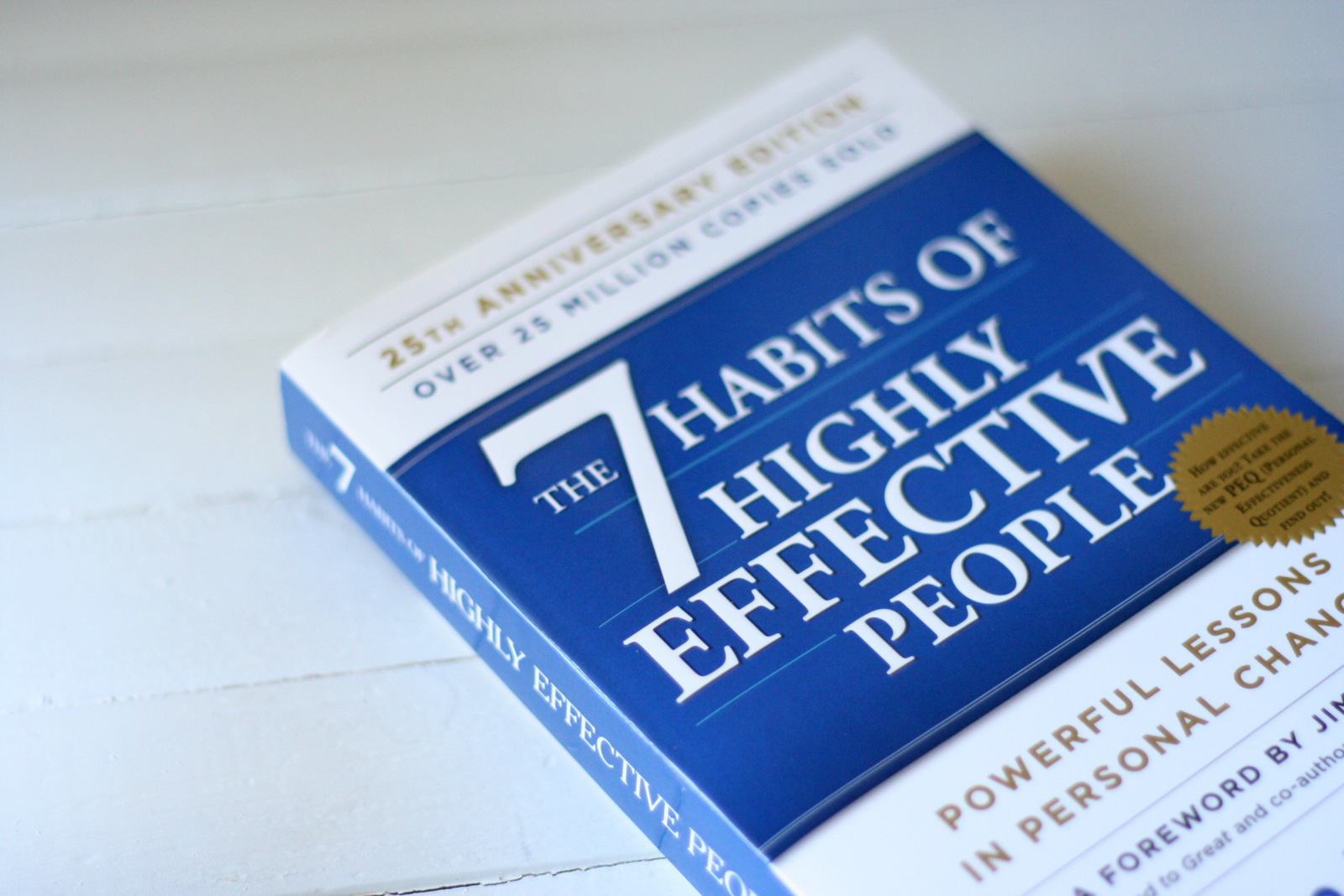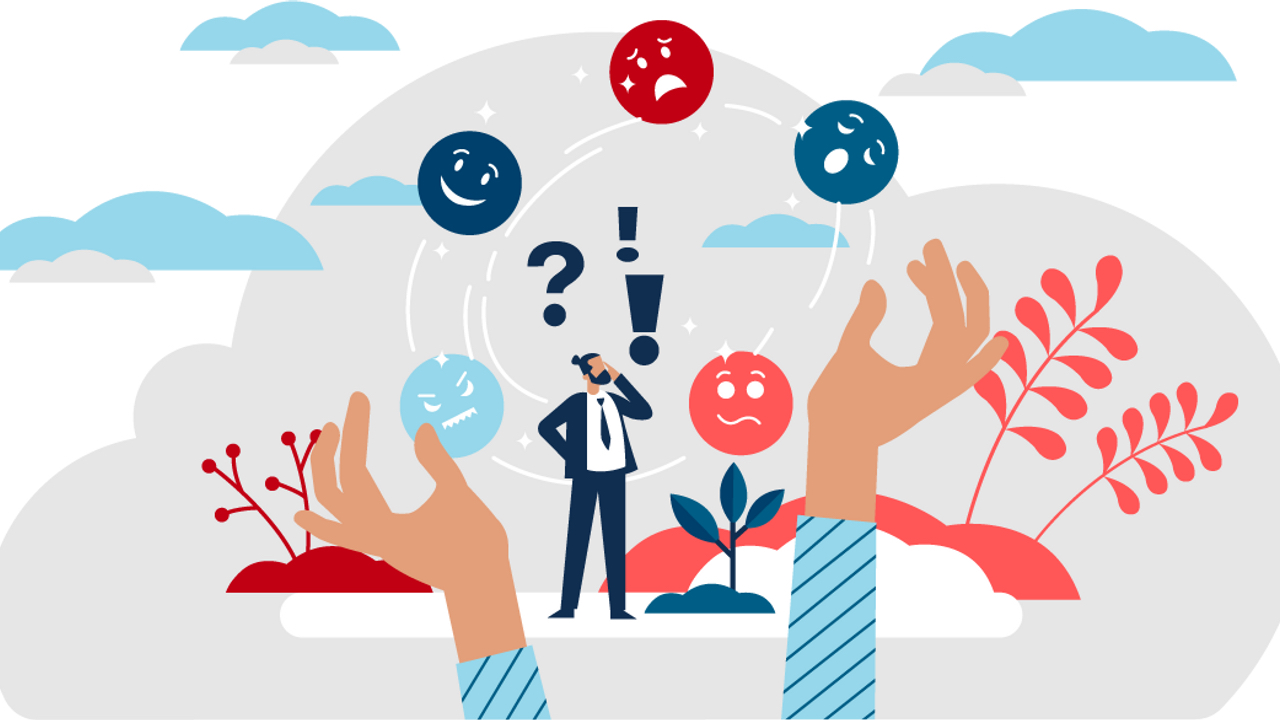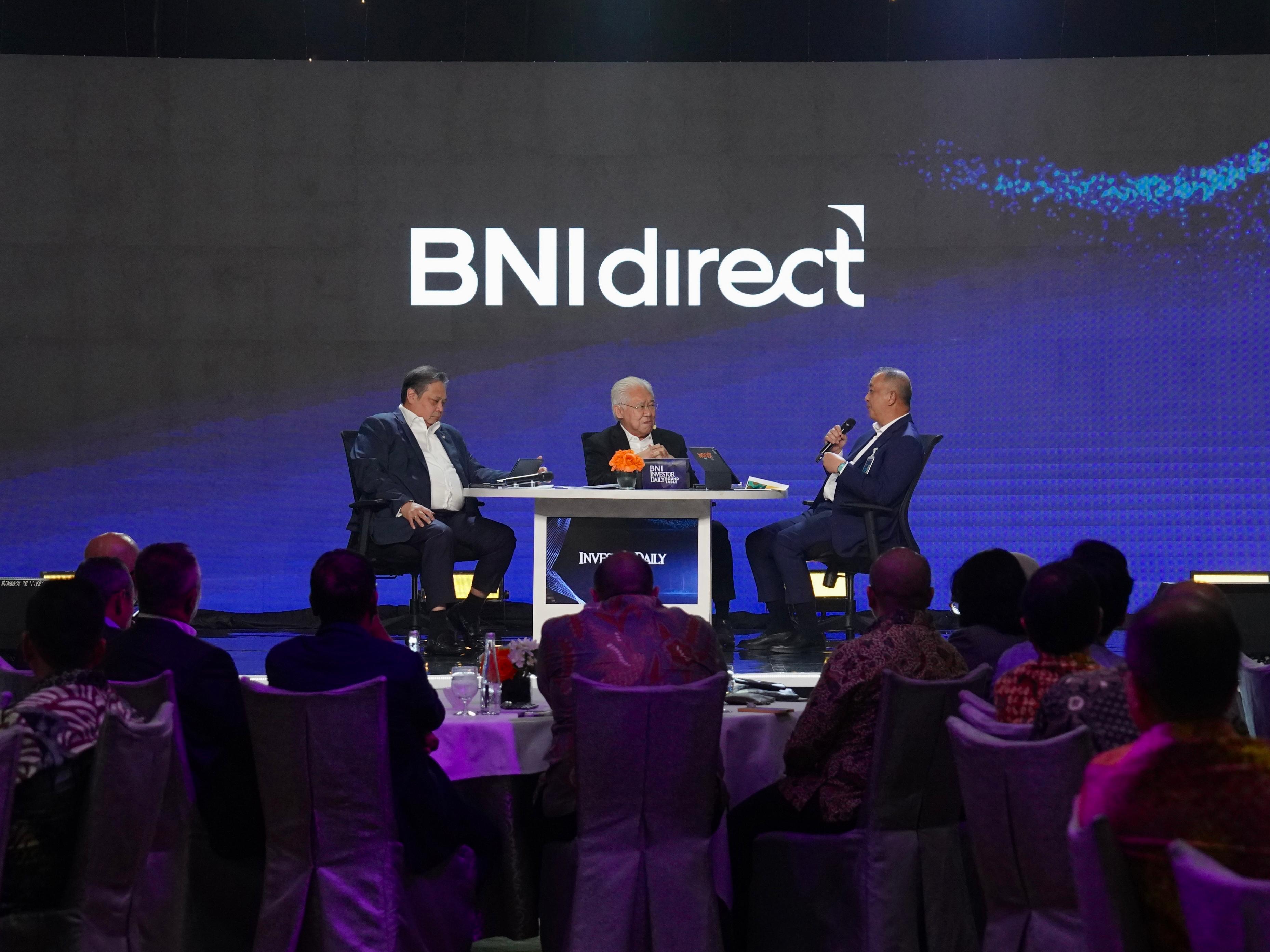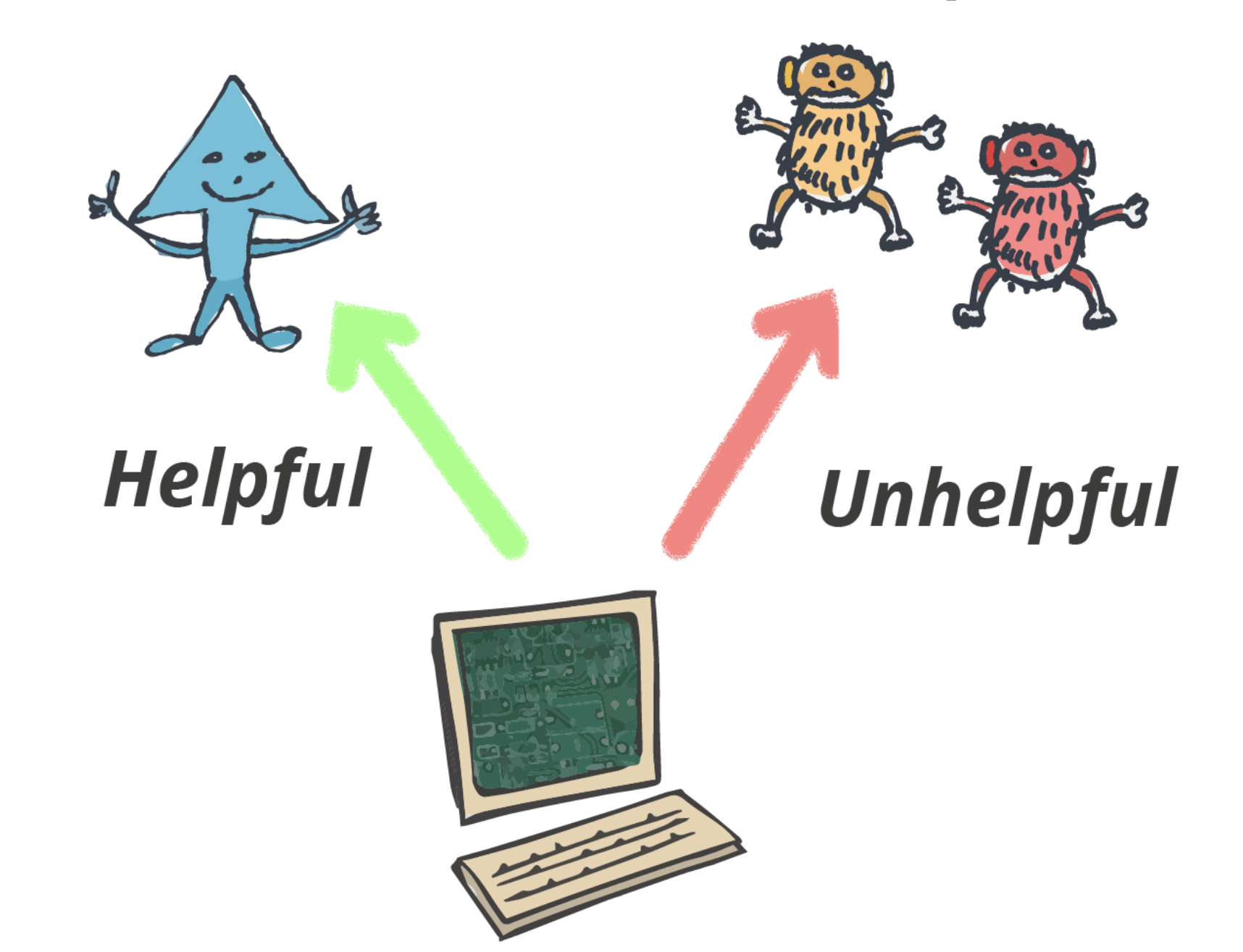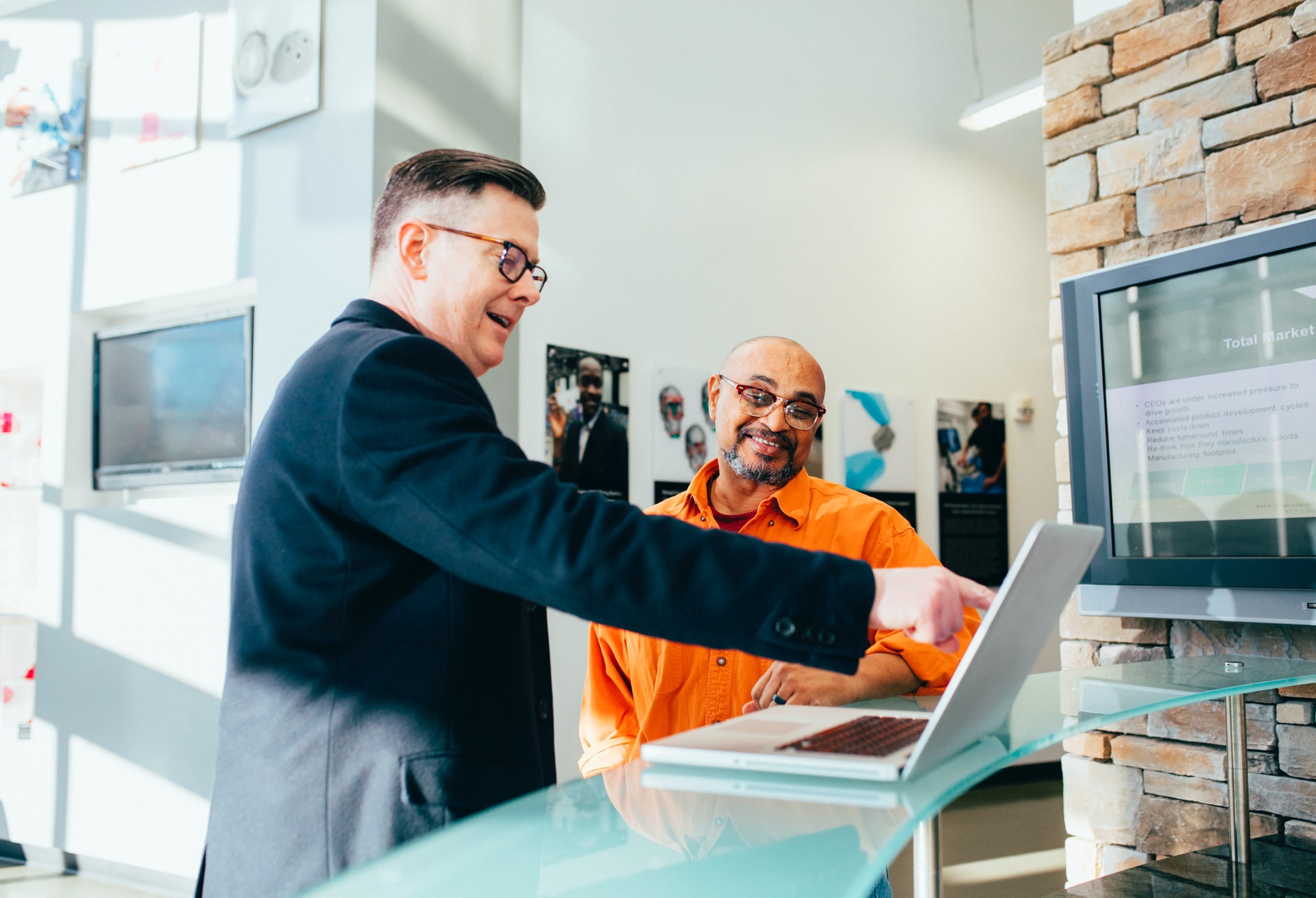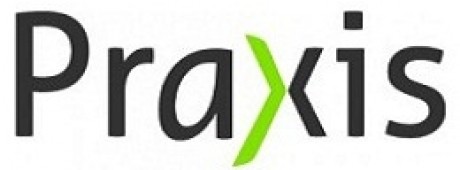It was raining, we were sitting on the front porch of the villa enjoying the afternoon on the island of Gods, and he asked me - Oh no, not that question you’re thinking. I know it sounds romantic, but sorry to disappoint you.
“Do you read?”
“Oh I love books, I love to read.” I answered.
“What kind of books do you read?”
“Mostly novel, and self development. What books are you currently reading?” I asked him.
“Now I’m reading this book titled Habits of Effective ....”
“Do you mean 7 Habits of Highly Effective People? By Stephen Covey? I love that book.”
…. he gazed at me like he was thinking s***, this woman actually reads.
For those of you who haven’t heard that name, Stephen Covey is an American author who wrote one of the most important books of all time. According to our good friend, Wikipedia, Covey’s book, The 7 Habits of Highly Effective People, has sold more than 30 million copies worldwide since its first publication in 1989. The audio version of the book became the first non-fiction audio-book in U.S. publishing history to sell more than one million copies.
Anyway, Covey presents an approach that can help people to be more effective in attaining their goals. He presents approach as a series of habits, which are listed below:
1. Be proactive
The first habit is ‘be proactive’, Covey encourages us to look at where we focus our time and energy. Each of us has our own ‘Circle of Concern’ and ‘Circle of Influence’. By determining which of these two circles is the focus of the most of our time and energy, we can discover much about the degree of our proactivity. Proactive people focus their time and energy in the Circle of Influence where they work on the things that they can do something about, rather than something that they cannot control - which reactive people would focus their time and energy on.
2. Begin with the end in mind
Have you ever felt being so productive every day but turns out you just are trapped in bustle with no goal in the end? Covey said that people often find themselves achieving victories that are empty - whoa easy Covey, I’m not ready to feel so personally attacked here. He suggests that we should write our own Personal Mission Statement, and it’s not something that we write overnight. It takes deep introspection, careful analysis, thoughtful expression. It becomes our constitution, the solid expression of our vision and values, also becomes the criterion by which we measure everything else in our life.
3. Put first things first
We need to be able to prioritize things, especially when we’re working as a PR consultant that requires us to do multitasking. Covey suggests that we create list of activities based on the Time Management Matrix that consists of four quadrants from the most to least important: Quadrant 1 (Urgent and Important), Quadrant 2 (Not urgent but Important), Quadrant 3 (Urgent but Not important), and Quadrant 4 (Not urgent and Not important). When we are able to identify our list of activities based on those quadrants, we can manage our time well.
4. Think win-win
Win-win solutions are mutually beneficial, for all parties involved. It’s like when you’re working with a client, and you have an issue or argument with them. We need to be able to find the solutions that are working for both parties. Everyone that always tries to take win-win solutions sees life as a cooperative arena, not a competitive one. Covey said that win-win is based on the paradigm that there is plenty for everybody, that one person’s success is not achieved at the expense or exclusion of the success of others.
5. Seek first to understand, then to be understood
I’m sure you have one or two colleagues or friends that only hear you when you tell a story, and when they listen, they listen only so that they can respond with their own story. In line with this, Covey said in his book that most people do not listen with the intent to understand; they listen with the intent to reply. They’re either speaking or preparing to speak. Covey suggests us to do empathic listening, listening with intent to understand, seeking first to understand. Everytime a person is quick to say, “Oh, I know exactly how you feel! I went through the same thing. Let me tell you about my experience,” after I just shared my experience with them, I immediately checked out of the conversation.
6. Synergize
Covey said that synergy is the highest activity in all life - the true test and manifestation of all of the other habits put together. The essence of synergy is to value difference, to respect them, to build on strengths, to compensate for weakness. Once people have experienced real synergy, they are never quite the same again. They know the possibility of having other such mind-expanding adventures in the future.
7. Sharpen the saw
The last habit surrounds the other habits on the Seven Habits paradigm because it’s the habit that makes all the others possible. It’s preserving and enhancing the greatest asset you have - you. It’s renewing the four dimensions of your nature - physical, spiritual, mental, social/emotional. Covey explains that “sharpen the saw” basically means expressing all four motivations. It means exercising all four dimensions of our nature, regularly and consistently in wise and balanced ways. This is the single most powerful investment we can ever make in life - investment in ourselves, in the only instrument we have with which to deal with life and to contribute. We are the instruments of our own performance, and to be effective, we need to recognize the importance of taking time regularly to sharpen the saw.
The book has sold more than 30 million copies for a reason. So, read it now if you haven't, and would love to discuss it with you if you have!
Well, that afternoon, discussing a book had never been so exciting before.

